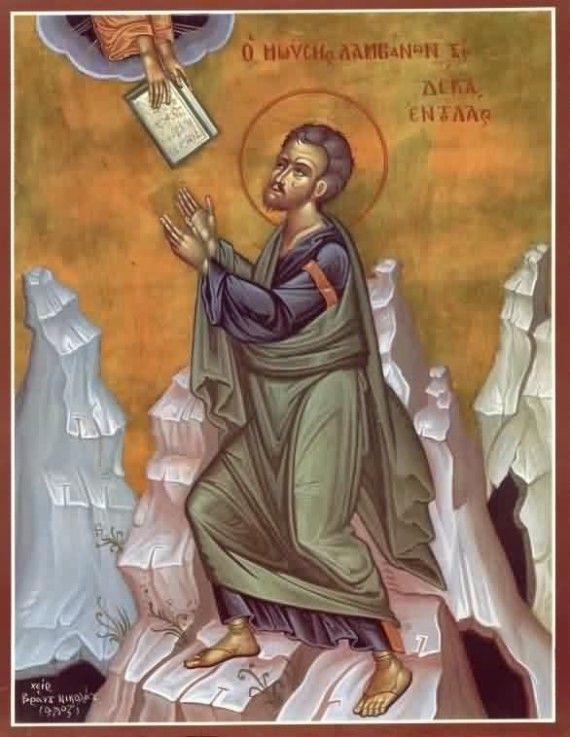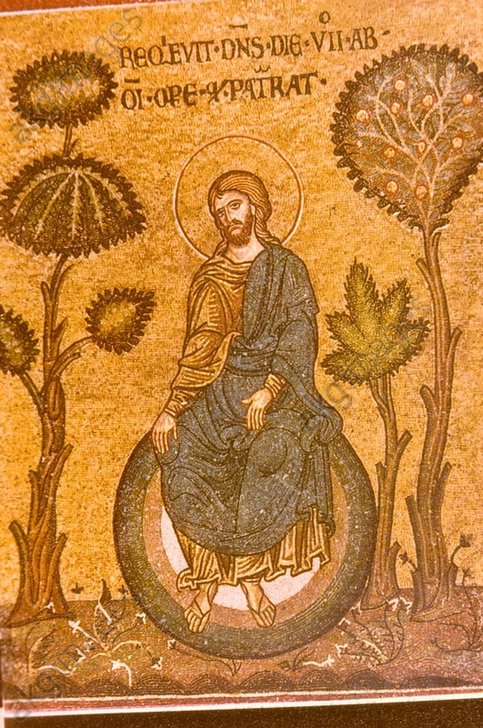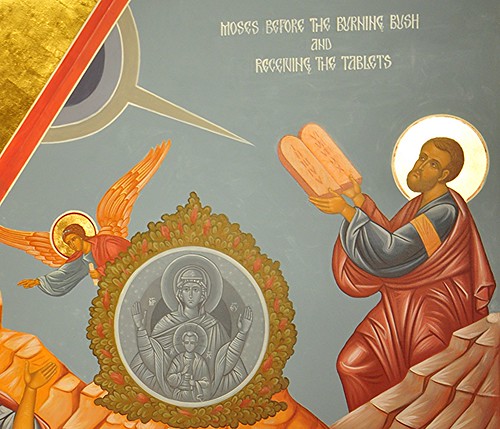
Don’t kill (or “murder”). Don’t commit adultery. Don’t steal.
These commandments in Exodus 20 are terse. Direct. To the point.
οὐ φονεύσεις
οὐ μοιχεύσεις
οὐ κλέψεις
Aren’t these obvious? We think we know what these mean. We all know about murder from watching police shows like “Law and Order.” Adultery means an unsanctioned sexual relationship with a married person. Don’t take what belongs to someone else. But these forbidden actions are not really as straightforward as we like to think.
For instance, “adultery” ( μοιχεύσεις ) is a very complicated concept. Nowadays, we think this means an affair between married people. But in classic biblical and canon law, when a married woman has an affair with someone, it is called “adultery.” When an unmarried woman has an affair, it is called “fornication.” The marital status of the man is never considered by biblical or canon law; when a man has an affair, he is guilty of fornication–whether he is married or not. That doesn’t sound fair to our modern ears but that’s the way biblical and canon law developed.
A second marriage can also be considered “adultery”–even if the first spouse is dead. It depends on whether the marriage is considered a contract (which expires when one partner dies) or a covenant (which never expires, even if one partner dies). Canon law in the Greek and Russian churches consider marriage a covenant; western Christians have generally considered marriage a contract. But not always.
If a first marriage ends in divorce, the second marriage can also be considered adultery unless one of the former partners asks a bishop to declare the first marriage “dead”–the relationship has died–or “null.” If the first marriage is declared null, that means the proper conditions for making the contract or the covenant were never fulfilled so there was no marriage in the first place and the first marriage is deemed to have been simply “legal fornication.”
Understanding who has–or has not–committed adultery can be a long, torturous process that can cause a lot of heartache. Israel’s worship of pagan gods is always called adultery by the prophets because Israel was said to be married to God. The worship of foreign gods also caused a lot of heartache among the Chosen People and resulted in wars, civil wars, exiles, and famines when God called the people back to fidelity with him. The Church is also considered the Bride of Christ and when we turn our backs on him and worship anything else–including our own opinions!–we are also committing a kind of adultery. But how many of us admit that?
What about murder or killing? Aren’t those straightforward legal concepts? Let’s look at those next week!


